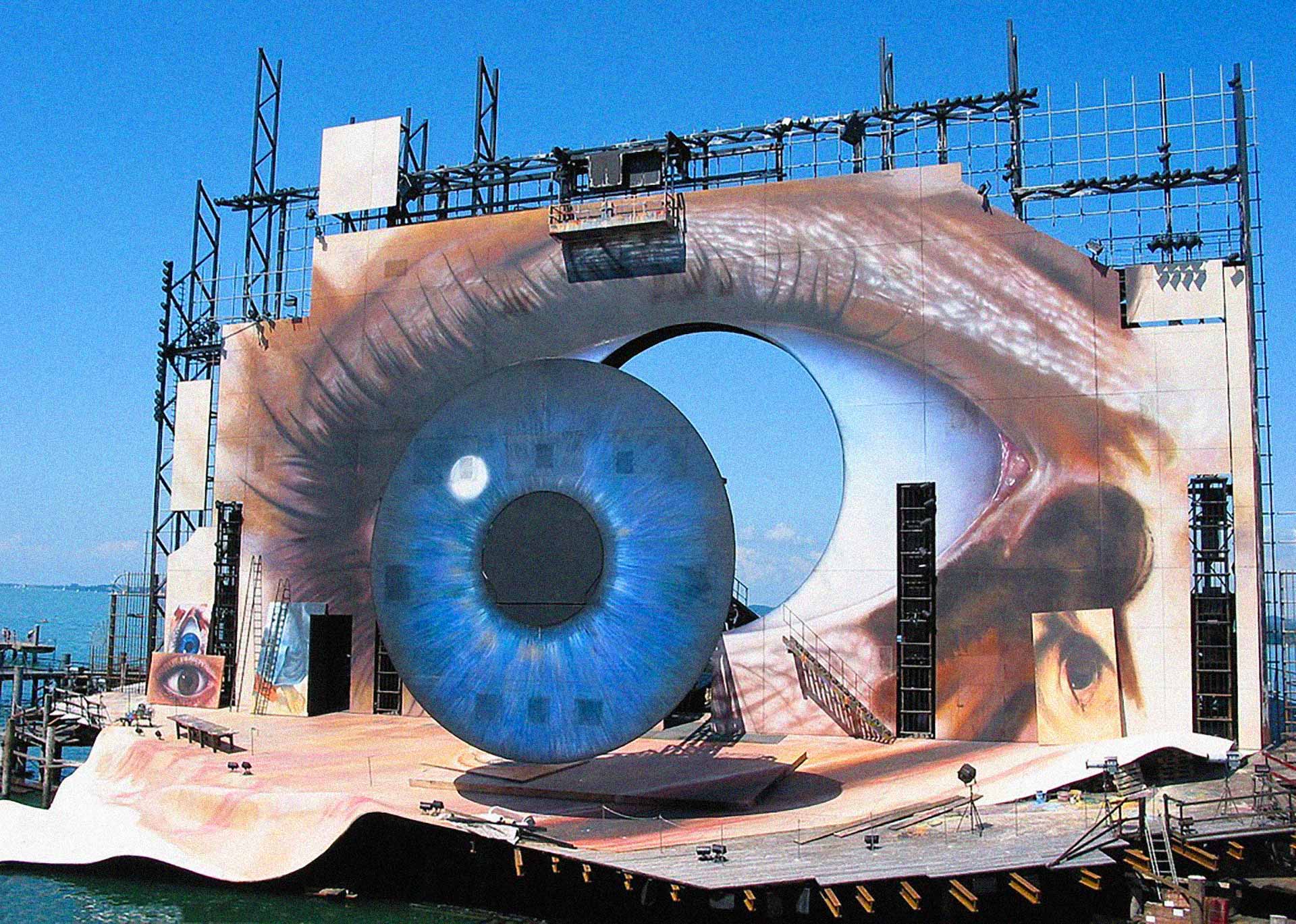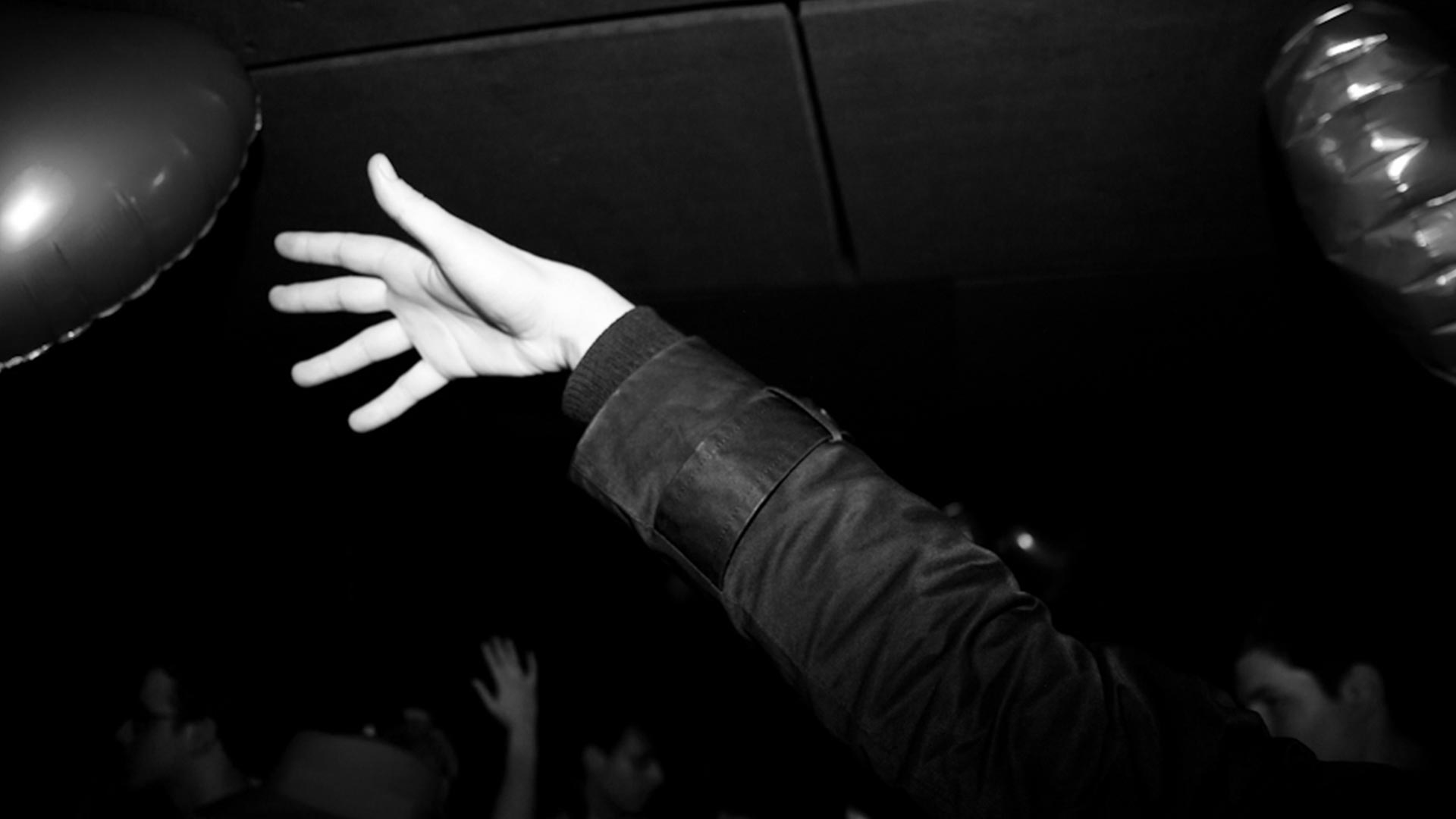
Incomplete Manifesto for Growth
by Bruce Mao
22st February 2022Canadian designer Bruce Mau’s 24 year old manifesto is still kickin. Since this was taken down from his site many moons ago we wanted to republish here in case it stuck with any musicians passing through.

1 • Allow events to change you. You have to be willing to grow. Growth is different from something that happens to you: You produce it. You live it. The prerequisites for growth are the openness to experience events and the willingness to be changed by them.
2 • Forget about good. Good is a known quantity. Good is what we all agree on. Growth is not necessarily good. Growth is an exploration of unlit recesses that may or may not yield to our research. As long as you stick to good, you’ll never have real growth.
3 • Love your experiments (as you would an ugly child). Joy is the engine of growth. Exploit the liberty in casting your work as beautiful experiments, iterations, attempts, trials, and errors. Take the long view, and allow yourself the fun of failure every day.
4 • Capture accidents. The wrong answer is the right answer in search of a different question. Collect wrong answers as part of the process. Ask different questions.
5 • Drift. Allow yourself to wander aimlessly. Explore adjacencies. Lack judgment. Postpone criticism.
6 • Everyone is a leader. Growth happens. Whenever it does, allow it to emerge. Learn to follow when it makes sense to do so. Let anyone lead.
7 • Slow down. Desynchronize from standard time frames, and surprising opportunities may present themselves.
2 • Forget about good. Good is a known quantity. Good is what we all agree on. Growth is not necessarily good. Growth is an exploration of unlit recesses that may or may not yield to our research. As long as you stick to good, you’ll never have real growth.
3 • Love your experiments (as you would an ugly child). Joy is the engine of growth. Exploit the liberty in casting your work as beautiful experiments, iterations, attempts, trials, and errors. Take the long view, and allow yourself the fun of failure every day.
4 • Capture accidents. The wrong answer is the right answer in search of a different question. Collect wrong answers as part of the process. Ask different questions.
5 • Drift. Allow yourself to wander aimlessly. Explore adjacencies. Lack judgment. Postpone criticism.
6 • Everyone is a leader. Growth happens. Whenever it does, allow it to emerge. Learn to follow when it makes sense to do so. Let anyone lead.
7 • Slow down. Desynchronize from standard time frames, and surprising opportunities may present themselves.
8 • Don’t be cool. Cool is conservative fear dressed in black. Free yourself from limits of this sort.

9 • Ask stupid questions. Growth is fueled by desire and innocence. Assess the answer, not the question. Imagine learning throughout your life at the rate of an infant.
10 • ____________ . Intentionally left blank. Allow space for the ideas that you haven’t had yet and for the ideas of others.
11 • Stay up late. Strange things happen when you have gone too far, have been up too long, have worked too hard, and are separated from the rest of the world.
12 • Repeat yourself. If you like it, do it again. If you don’t like it, do it again.
13 • Stand on someone’s shoulders. You can travel farther carried on the accomplishments of those who came before you. And the view is so much better.
14 • Don’t clean your desk. You might find something in the morning that you can’t see tonight.
15 • Make new words. Expand the lexicon. The new conditions demand a new way of thinking. The thinking demands new forms of expression. The expression generates new conditions.
16 • Creativity is not device-dependent. Forget technology. Think with your mind.
17 • Organization = liberty. Real innovation in design, or in any other field, happens in context. That context is usually some form of cooperatively managed enterprise. Frank Gehry, for instance, is only able to realize Bilbao because his studio can deliver it on budget. The myth of a split between “creatives” and “suits” is what Leonard Cohen calls a “shining artifact of the past.”
18 • Don’t borrow money. Once again, Frank Gehry’s advice. By maintaining financial control, we maintain creative control. It’s not exactly rocket science, but it’s surprising how hard it is to maintain this discipline — and how many people have failed to do so.
19 • Take field trips. The bandwidth of the world is greater than that of your TV set, or the Internet — or even a totally immersive, interactive, dynamically rendered, object-oriented, real-time, computer-graphic-simulated environment.
20 • Make mistakes faster. This isn’t my idea — I borrowed it. I think it belongs to Andy Grove.
21 • Scat. When you forget the words, do what Ella did: Make up something else (but not words).
22 • Break it, stretch it, bend it, crush it, crack it, fold it.
23 • Take advantage of coffee breaks, cab rides, and greenrooms. Real growth often happens outside of where we intend it to, in the interstitial spaces — what Dr. Seuss called “the waiting place.” Hans Ulrich Obrist once organized a science-and-art conference with all of the infrastructure of a conference — parties, chats, lunches, airport arrivals — but with no actual conference. Apparently, it was hugely successful and spawned many ongoing collaborations.
24 • Laugh. People visiting the studio often comment on how much we laugh. Since I’ve become aware of this, I use laughter as a barometer to measure how comfortably we are expressing ourselves.
25 • Power to the people. Play only happens when people feel that they have control over their lives. We can’t be free agents if we’re not free.
10 • ____________ . Intentionally left blank. Allow space for the ideas that you haven’t had yet and for the ideas of others.
11 • Stay up late. Strange things happen when you have gone too far, have been up too long, have worked too hard, and are separated from the rest of the world.
12 • Repeat yourself. If you like it, do it again. If you don’t like it, do it again.
13 • Stand on someone’s shoulders. You can travel farther carried on the accomplishments of those who came before you. And the view is so much better.
14 • Don’t clean your desk. You might find something in the morning that you can’t see tonight.
15 • Make new words. Expand the lexicon. The new conditions demand a new way of thinking. The thinking demands new forms of expression. The expression generates new conditions.
16 • Creativity is not device-dependent. Forget technology. Think with your mind.
17 • Organization = liberty. Real innovation in design, or in any other field, happens in context. That context is usually some form of cooperatively managed enterprise. Frank Gehry, for instance, is only able to realize Bilbao because his studio can deliver it on budget. The myth of a split between “creatives” and “suits” is what Leonard Cohen calls a “shining artifact of the past.”
18 • Don’t borrow money. Once again, Frank Gehry’s advice. By maintaining financial control, we maintain creative control. It’s not exactly rocket science, but it’s surprising how hard it is to maintain this discipline — and how many people have failed to do so.
19 • Take field trips. The bandwidth of the world is greater than that of your TV set, or the Internet — or even a totally immersive, interactive, dynamically rendered, object-oriented, real-time, computer-graphic-simulated environment.
20 • Make mistakes faster. This isn’t my idea — I borrowed it. I think it belongs to Andy Grove.
21 • Scat. When you forget the words, do what Ella did: Make up something else (but not words).
22 • Break it, stretch it, bend it, crush it, crack it, fold it.
23 • Take advantage of coffee breaks, cab rides, and greenrooms. Real growth often happens outside of where we intend it to, in the interstitial spaces — what Dr. Seuss called “the waiting place.” Hans Ulrich Obrist once organized a science-and-art conference with all of the infrastructure of a conference — parties, chats, lunches, airport arrivals — but with no actual conference. Apparently, it was hugely successful and spawned many ongoing collaborations.
24 • Laugh. People visiting the studio often comment on how much we laugh. Since I’ve become aware of this, I use laughter as a barometer to measure how comfortably we are expressing ourselves.
25 • Power to the people. Play only happens when people feel that they have control over their lives. We can’t be free agents if we’re not free.
by Bruce Mau